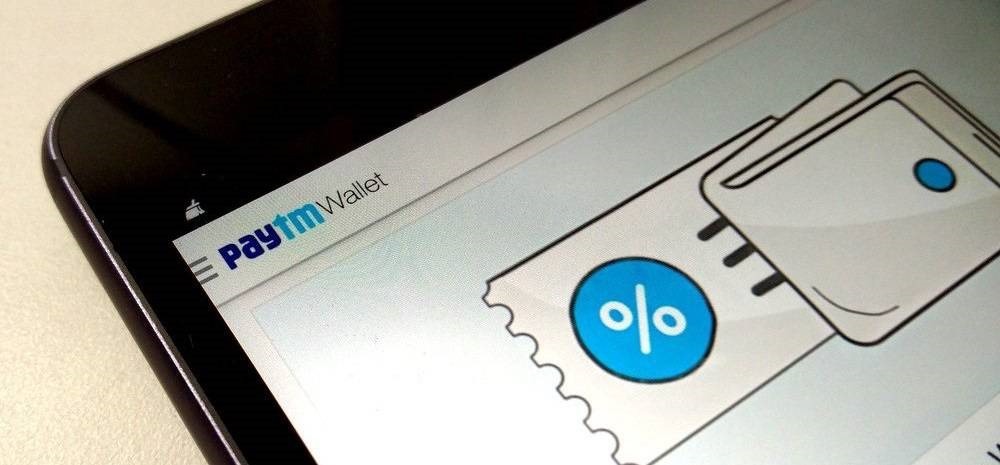Paytm Triggers A Wallet War With Whatsapp; Calls It A Security Risk & Facebook As Evil!
Paytm's Founder, Vijay Shekhar Sharma, feels that WhatsApp is a security threat and Facebook is an evil company exploiting the Indian market for their own benefits

Whatsapp, India’s most beloved and used messenger app has introduced peer to peer payments for some users, and this has the potential to change everything.
Existing dominant mobile wallet Paytm, which had been enjoying a free run till now, is feeling the heat. And the anxiousness has finally spilt over.
Paytm founder Vijay Shekhar Sharma, who has tirelessly and meticulously built a culture of the mobile wallet in India, has gone ballistic over Whatsapp payment and has triggered an intense wallet war in India.
Other digital entrepreneurs too have jumped into the fight, and an interesting scenario has developed: While some are slamming Sharma over his remarks and accusation against Whatsapp, others are supporting him, and saying Whatsapp has been given an unfair advantage.
Is Vijay Shekhar Sharma right in this outrage against Whatsapp?
Vijay Shekhar Sharma: Facebook Is The Most Evil Company!
Sharma had been an active opponent of Facebook’s Free Basics plan, which threatened to kill Net Neutrality in India.
Now, the same aggression is seen in opposing Whatsapp payment, as well. As per the Paytm founder, Facebook has intentionally created favourable rules pertaining to UPI usage and exploiting the Indian market for their own benefits.
In a way, he has triggered an Indian vs Outsider debate here.
He said,
“I completely believe that Facebook is the most evil company in the world. Earlier, they tried to dupe the country with what they called was free internet. Now, they are flouting all guidelines and rules and bringing out an app that does not need three-step authentication to make online and mobile payments.
WhatsApp Is A Security Risk
Sharma has also alleged that Whatsapp is a major security risk when it comes to online payments, as there are no logins required for making payments using Whatsapp and this can be misused.
Sharma has in fact written to NPCI’s senior management, blaming them for allowing Whatsapp to make login-less payments, and enabling Facebook to exploit UPI for their own advantage.
He said,
“It is not at all about being protectionist. Everyone should be allowed to play the field. But no one should arm twist and tweak rules to suit their designs. I have always maintained that WhatsApp is a major security risk to India.”
As per Sharma, Whatsapp’s payment system is like an ‘open ATM’ to everyone.
NPCI has assured that the recent launch was a beta one, and when the full roll-out happens, appropriate security measures would be taken.
Paytm’s competitors like MobiKwik and PayU have slammed Sharma for crying foul.
In a series of tweets, Bipin Preet Singh, CEO of Mobikwik said,
“All incumbents complaining about Whatsapp getting (an) unfair advantage in its UPI implementation to further its business interests – “Those who live in glasshouses, ……. “ . There is (a) clear record of private companies who got access first and exclusively when UPI was launched.”
Amrish Rau, India head of global payments firm PayU said,
“WhatsApp has done a good payments app and other incumbents are just spreading fear. These are just market gimmicks. WhatsApp is following the usual process for UPI. Spreading rumours is not helping Digital India,”
Meanwhile, an industry observer, supporting Sharma, said,
“WhatsApp is auto-creating IDs, not letting me edit and post to a VPA (a UPI handle) easily, not doing (a) scan and pay in UPI QR codes and it is not interoperable..”
We will keep you updated, as the newly launched mobile wallet war becomes more interesting.
